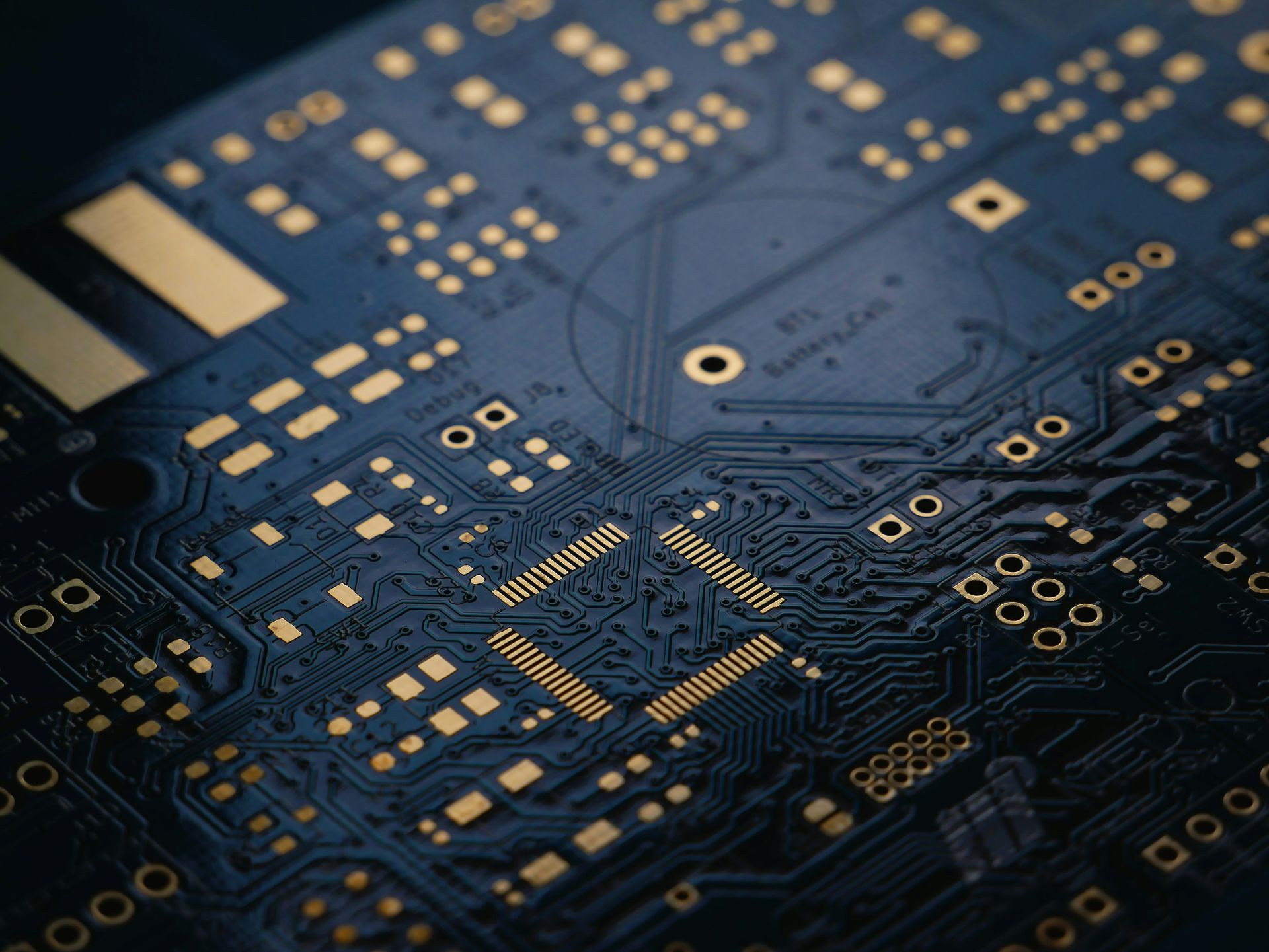During its 55th annual shareholders’ meeting, Samsung Electronics made waves with its declaration of intent to enter the AI processor market, aiming squarely at NVIDIA’s dominance.
The spotlight shone on Samsung’s forthcoming Mach-1 AI accelerator chips, poised to hit the market in early 2025, as the South Korean tech titan gears up to challenge NVIDIA in the rapidly expanding AI hardware sector.
Naver Corporation, previously a NVIDIA client, is now considering alternative hardware options, signaling a shift in strategy. Samsung’s proposed $752 million investment suggests a deepening collaboration between the two companies, with Samsung set to supply its Mach-1 AI chips to Naver by year-end. Naver and Samsung are jointly developing energy-efficient AI accelerators, aiming to surpass existing solutions like NVIDIA’s H100. Speculation surrounds Naver’s potential bulk order of 150,000 to 200,000 Samsung Mach-1 AI chips, indicating a significant move in the AI hardware market.

The Mach-1 generation of chips, featuring an application-specific integrated circuit (ASIC) design coupled with LPDDR memory, is strategically tailored for edge computing applications. While Samsung isn’t looking to directly outgun NVIDIA’s high-end offerings like the H200 or Blackwell Platfrom, it’s setting its sights on creating a distinctive niche in the market, prioritizing efficiency and performance enhancements at the edge.
SeDaily revealed a game-changing feature of the Mach-1 chips: a jaw-dropping reduction in memory bandwidth requirements for inference by a whopping 87.5%. This breakthrough innovation positions Samsung as a serious contender, promising unparalleled efficiency and cost-effectiveness that could tip the scales in its favor.
As the demand for AI-powered devices and services skyrockets, Samsung’s entry into the AI chip market is expected to inject fresh competition and drive innovation. Armed with cutting-edge technology and access to advanced semiconductor manufacturing nodes, Samsung is gearing up to challenge NVIDIA’s stronghold in the industry.
While the Mach-1 chips have undergone field verification on an FPGA, the final design is undergoing meticulous optimization for System-on-Chip (SoC) integration, encompassing crucial aspects like placement, routing, and layout. This rigorous refinement underscores Samsung’s commitment to delivering a game-changing solution that redefines the AI hardware landscape.

In summary, Samsung’s Mach-1 AI accelerator chips represent a bold step towards leveling the playing field with NVIDIA in the AI race. With their impending launch, anticipation is high as Samsung aims to revolutionize AI computing at the edge and stake its claim in the fiercely competitive tech arena.
Featured image credit: Igor Omilaev/Unsplash





